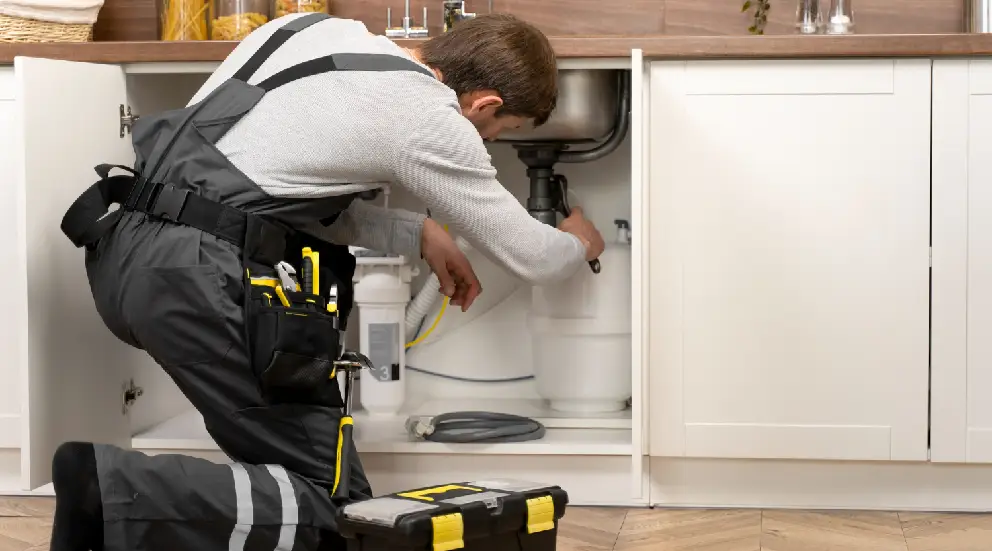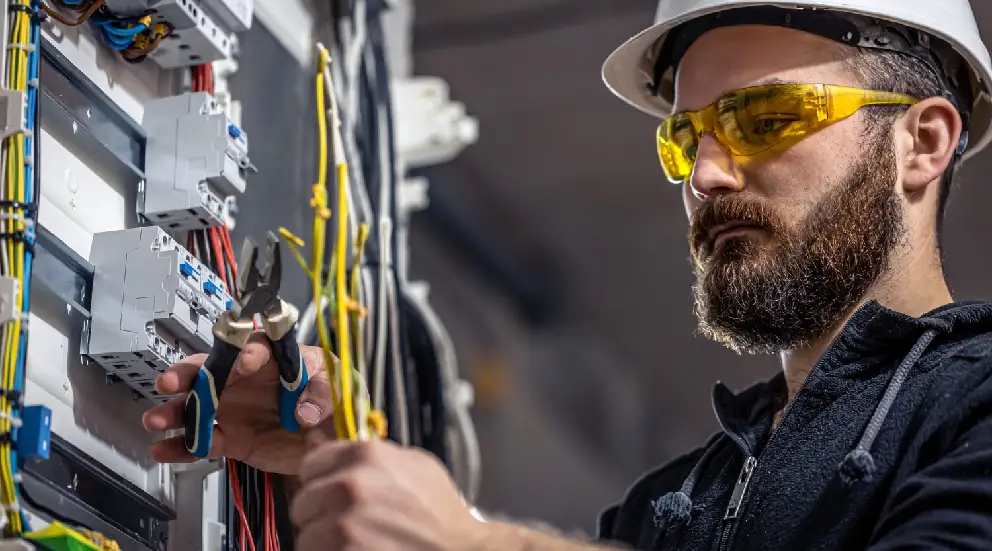The Importance of Regular Electrical Maintenance for Homes and Businesses
The Importance of Regular Electrical Maintenance for Homes and Businesses
Introduction
Electricity is the lifeblood of modern homes and businesses, powering our daily activities and fueling productivity. In this blog, we explore why regular electrical maintenance is not just a good practice but an essential investment for the safety, efficiency, and longevity of both residential and commercial spaces.
Understanding Electrical Maintenance
Electrical maintenance involves a series of proactive measures aimed at ensuring the safe and optimal functioning of electrical systems. This encompasses routine inspections, testing, and repairs to identify and address potential issues before they escalate into major problems.
Safety First: Preventing Electrical Hazards
The foremost reason for regular electrical maintenance is safety. Faulty wiring, damaged outlets, or outdated electrical panels pose serious hazards, including the risk of electrical fires. Periodic inspections and maintenance help identify and rectify potential dangers, ensuring a secure environment for residents and employees.
Enhancing Energy Efficiency
A well-maintained electrical system operates more efficiently, leading to reduced energy consumption. Upgrading outdated components, fixing faulty wiring, and ensuring all electrical appliances are in optimal condition contribute to energy savings, translating into lower utility bills for both homes and businesses.
Prolonging Equipment Lifespan
Electrical appliances and systems, like any other machinery, experience wear and tear over time. Regular maintenance helps identify issues early on, preventing unnecessary strain on equipment and extending their lifespan. This proactive approach can save homeowners and businesses significant replacement costs in the long run.
Compliance with Regulations and Standards
For businesses, adherence to electrical safety regulations is not just good practice—it’s a legal requirement. Regular electrical maintenance ensures that a property is in compliance with local and national safety standards, reducing the risk of fines and legal complications.
Preventing Costly Downtime in Businesses
In a commercial setting, electrical malfunctions can lead to costly downtime. Regular maintenance helps identify potential problems before they disrupt operations. This proactive approach minimizes the risk of unexpected outages, ensuring businesses can run smoothly and avoid revenue losses.
Identifying and Resolving Electrical Issues
Small electrical issues, if left unaddressed, can escalate into major problems. Regular maintenance allows for the timely identification and resolution of issues such as faulty wiring, overloaded circuits, or malfunctioning appliances, preventing potential disasters.
Scheduling Regular Electrical Maintenance
Whether for a residence or a commercial space, establishing a routine electrical maintenance schedule is crucial. This may include annual inspections, timely upgrades, and scheduled testing to guarantee the ongoing safety and functionality of the electrical systems.
Conclusion
In conclusion, regular electrical maintenance is not just a recommended practice; it is a fundamental necessity for both homes and businesses. By prioritizing safety, enhancing energy efficiency, and preventing costly disruptions, investing in electrical maintenance ensures a reliable and secure electrical infrastructure. Embracing this proactive approach is a commitment to the long-term well-being of your property and the safety of its occupants.





